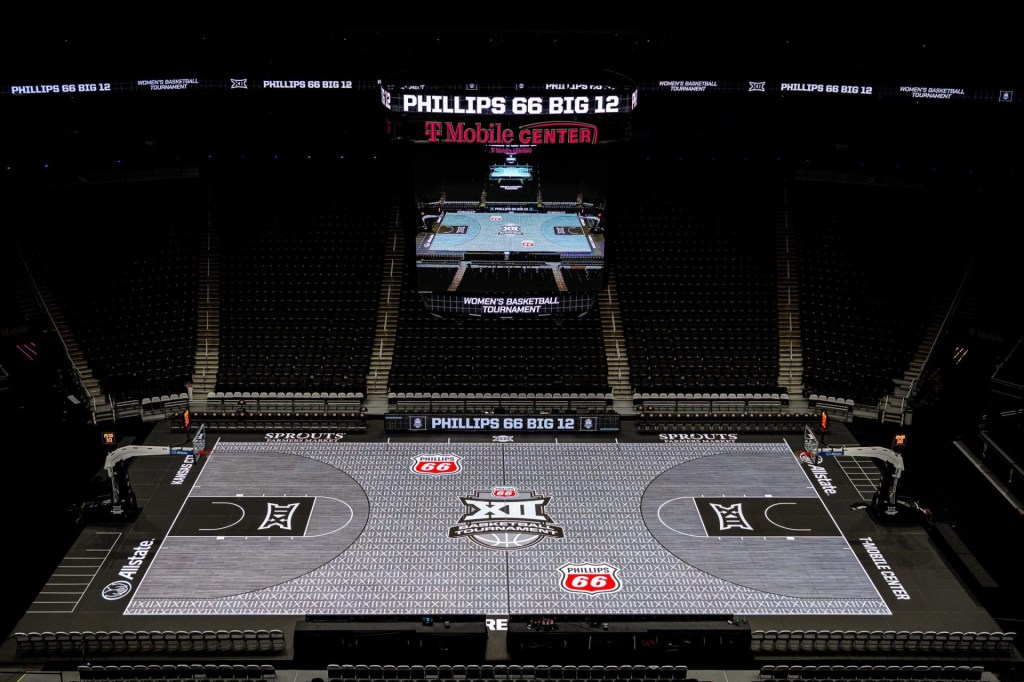Vanderbilt quarterback Diego Pavia is suing the NCAA, arguing that the association’s rules limit his NIL (name, image, and likeness) earning potential because he went to junior college.
Pavia’s case, filed down the road from Vandy with the US District Court for the Middle District of Tennessee in Nashville, hinges on whether the NCAA’s eligibility rules violate the Sherman Antitrust Act. The lawsuit alleges that the NCAA abuses its monopoly power, to the detriment of student athletes. (The NCAA has not yet responded to an FOS request for comment.)
“Athletes playing football outside of the NCAA monopoly have no meaningful opportunity to profit off their name, image, and likeness,” the lawsuit states. “Even so, JUCO Eligibility Limitation Bylaws restrict the ability of athletes who begin their college football careers in junior colleges from having the same opportunity to profit from NIL as students who enter an NCAA institution as freshmen.”
While junior college athletes can earn NIL money, it’s nothing compared to what’s available to NCAA players. A player who begins his athletic career at an NCAA school has four years of eligibility over five years. JUCO transfers burn up one year of eligibility for each year they play junior college football.
Pavia began his college career in 2020 at New Mexico Military Institute, leading the team to the National Junior College Athletic Association championship in his second year. In 2022, Pavia earned the starting job at New Mexico State, playing there for two years before transferring to Vandy in January. (That makes up five playing years, but is allowed because athletes like Pavia who played in 2020 get an extra year due to the COVID-19 pandemic’s effect on that season.)
In addition to asking the court to strike down NCAA bylaws restricting competition limitations on junior college transfers, Pavia is seeking two additional seasons of eligibility—in essence, replacing those two years at New Mexico Military.
Mit Winter, an attorney specializing in NIL, thinks Pavia has a case.
“The big question will likely be whether the NCAA can show there are procompetitive justifications for limiting the number of years someone can be a college athlete. … Based on recent court decisions, and the evidence that’s been developed in those cases, that may be hard to do.
“If he’s given those two additional years, he’d presumably make a significant amount of NIL compensation during those two years,” Winter said.
Pavia’s case places one more stress test on the NCAA’s compensation rules, which are a work in progress.
After losing the landmark Supreme Court case NCAA v. Alston in June 2021, the NCAA was forced to allow its college athletes to receive compensation when their name, image, or likeness is used for commercial purposes. That class action successfully argued that the NCAA’s ban on student-athlete compensation violated antitrust laws.
The NCAA has faced multiple lawsuits from current and former players in the years since enacting its “interim NIL policy.” In June, members of the 1983 North Carolina State championship-winning basketball team sued the NCAA for using them to market March Madness without compensation. Heisman Trophy winner Reggie Bush and other former athletes have also filed lawsuits seeking back pay. Pavia is enjoying a fine season with 6–3 Vanderbilt, throwing for 15 touchdowns and only 3 interceptions heading into Saturday’s showdown with South Carolina.
Despite his success in the SEC, however, the 6-foot, 207-pound QB may go undrafted in the NFL, giving him extra incentive to maximize his college earnings. After helping the Commodores knock off then-No.1 Alabama in October, Pavia positioned himself for new NIL deals, going so far as to post his agent’s phone number on social media. However, he disputed his association with some merchandise that was sold bearing his likeness.
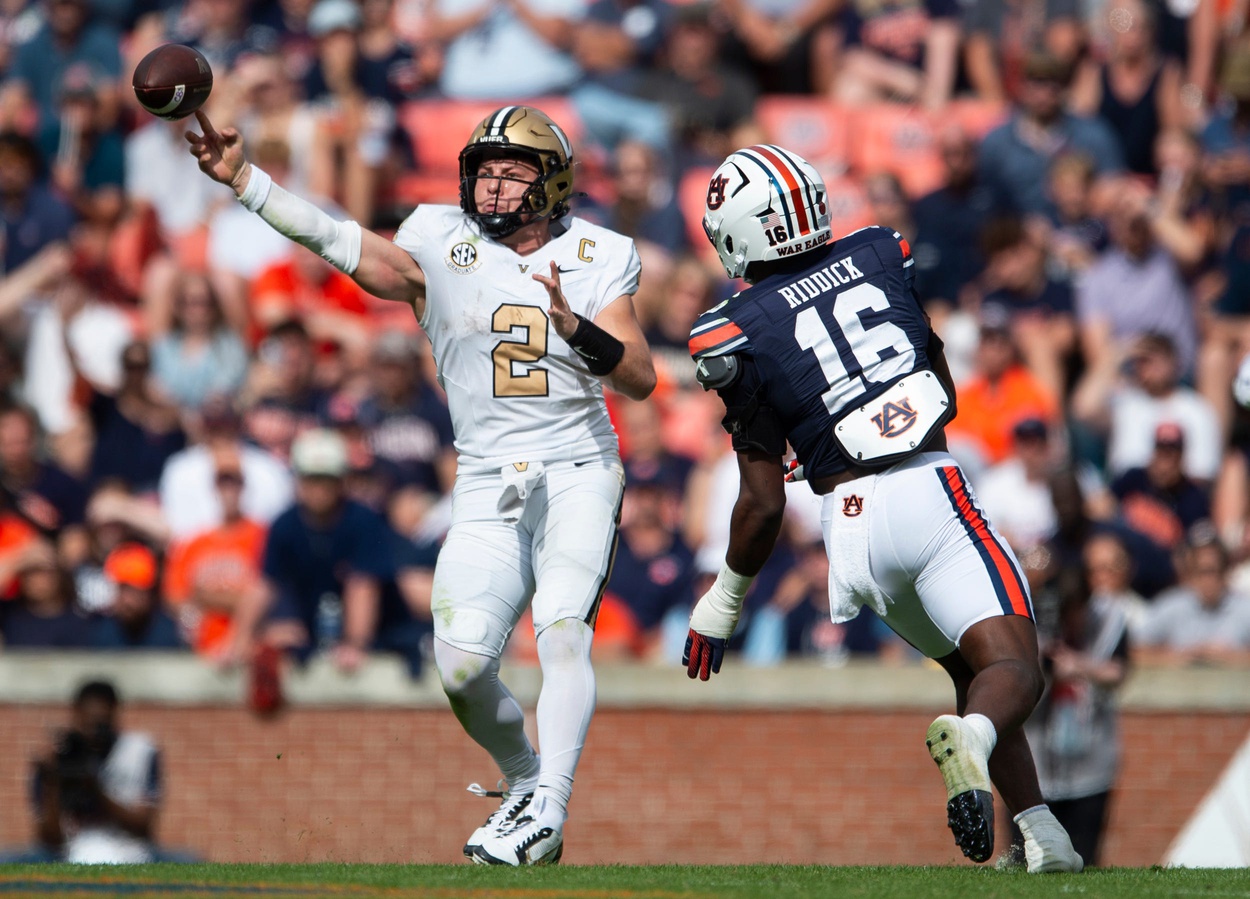
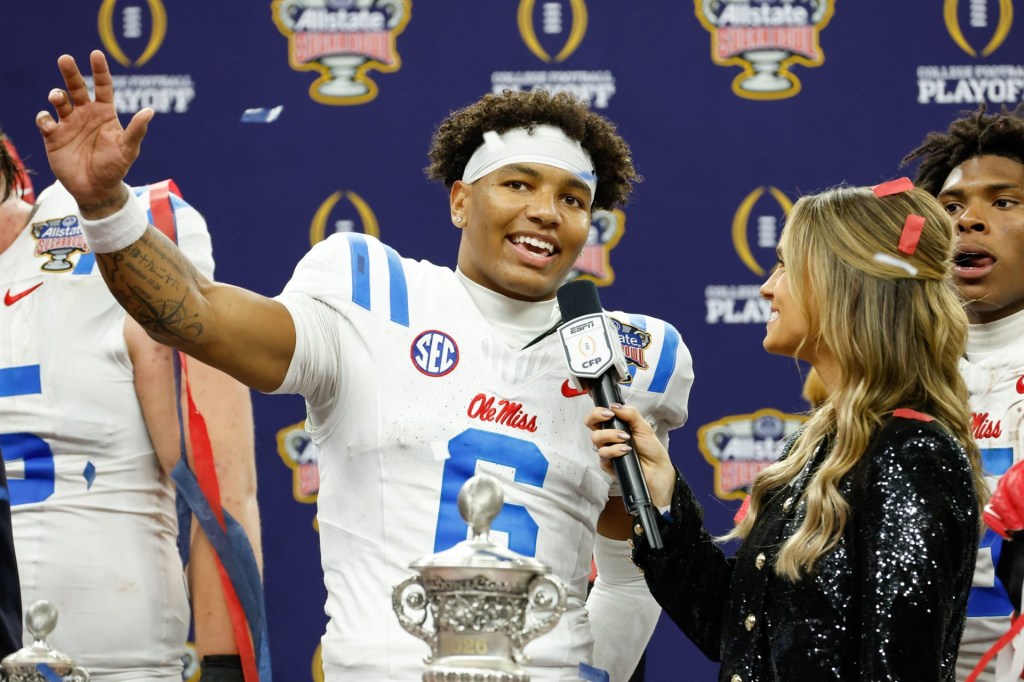
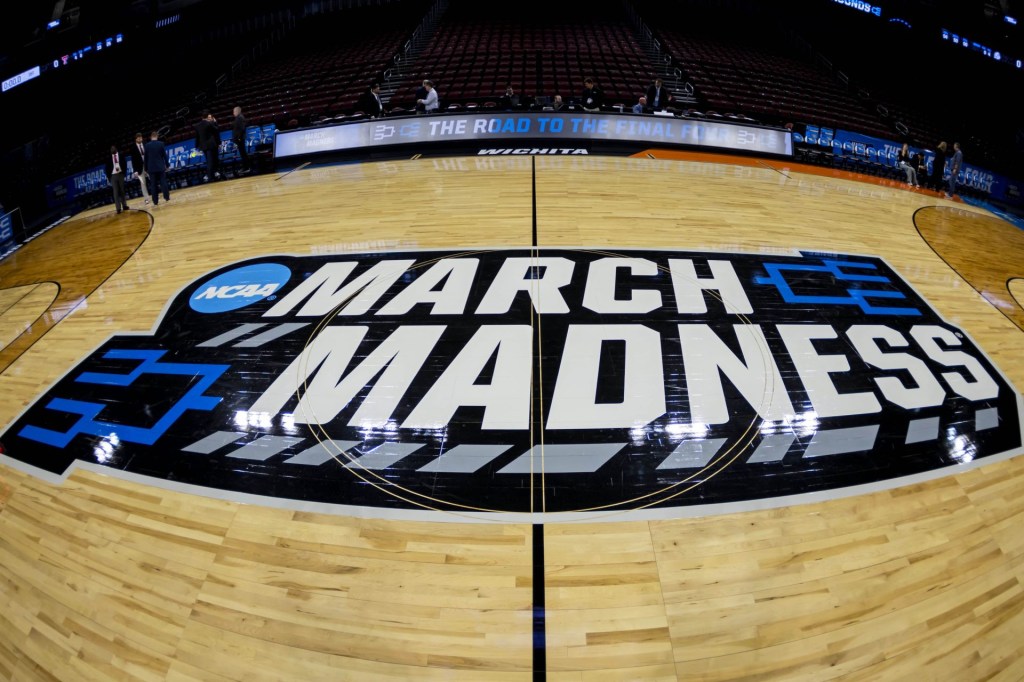


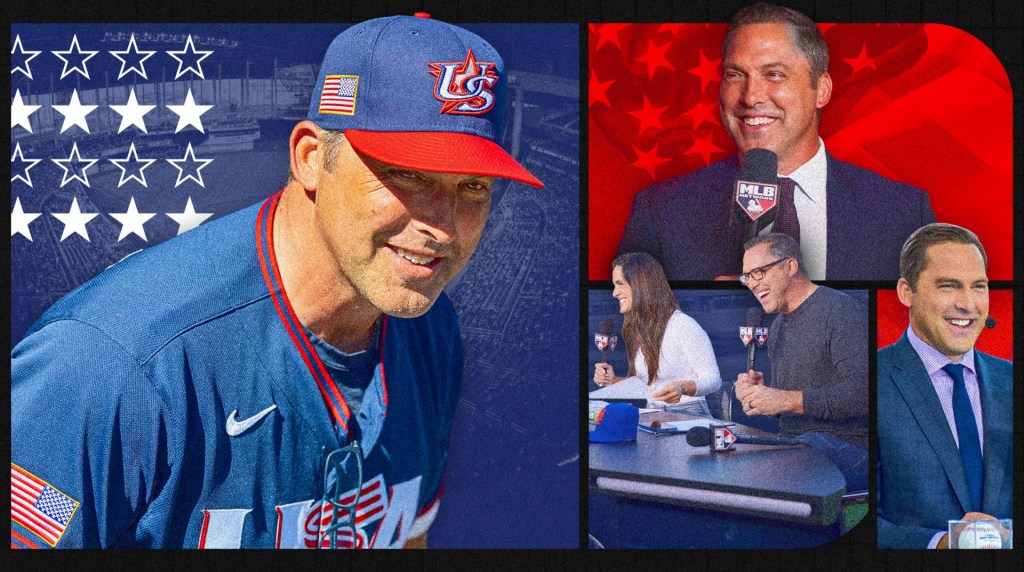


![[Subscription Customers Only] Jun 15, 2025; Seattle, Washington, USA; Botafogo owner John Textor inside the stadium before the match during a group stage match of the 2025 FIFA Club World Cup at Lumen Field.](https://frontofficesports.com/wp-content/uploads/2026/02/USATSI_26465842_168416386_lowres-scaled.jpg?quality=100&w=1024)
